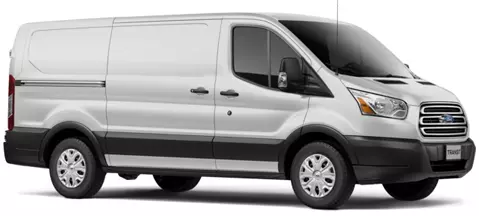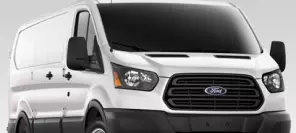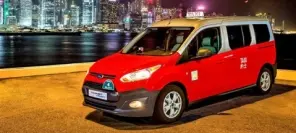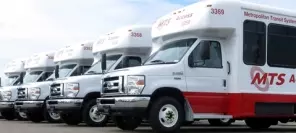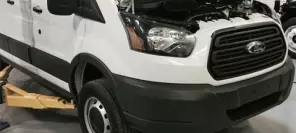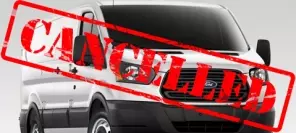- Main page
- Search
- Up to date
- Products
- Technology
- Vehicles
- Video
- Conversion Payback Simulator
Port Injection - Conversion Payback Simulator
Direct Injection - Conversion Payback Simulator
Diesel - Newsletter
Ford Transit LPG - proves a point
 loading results...
loading results...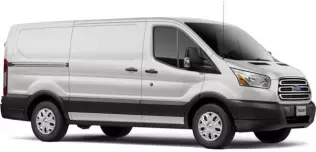 © FordEven though the test was conducted using a Ford Transit, its results apply to virtually every LPG-powered vehicle out there
© FordEven though the test was conducted using a Ford Transit, its results apply to virtually every LPG-powered vehicle out thereThe Transit wasn't chosen for an emissions test just to prove autogas' superiority over petrol as far as environmental record is concerned. The van was undergoing standard certification procedure, just as every new vehicle featuring alternative fuel system entering the US market. The test cycle takes into consideration the vehicle's deterioration and degradation over time to make sure it complies with emission standards over a distance of 120 thousand miles (over 190 thousand km).
In the course of the test, the US-market Transit (this model isn't available with a petrol engine in Europe, which makes converting it less profitable, although still possible – with a diesel blending LPG system) proved significantly greener and cleaner when converted. Carbon monoxide emissions were down by a staggering 79,45 percent, nitrogen oxides by 42,31 percent, non-methane hydrocarbons by 53,97 percent and carbon dioxide by a respectable 22,39 percent. Unfortunately, there is no word on the particulate matter reduction rate, but it's safe to assume the figure is down by well over 90 percent.
While autogas isn't as significantly more affordable in the US as it is in Europe, fleets using this fuel enjoy a number of benefits, such as tax credits and conversion subsidies. The example of the Transit supplies hard fact to advocates of LPG and ultimately proves the fuel offers tangible reductions in the amounts of greenhouse gasses and pollutants released by vehicles fueled with it.
Propane Autogas helps company owners and fleet managers produce immediate results for their sustainability programs – and reduces operating costs at the same time.
Stuart Weidie, President of Alliance AutoGas
